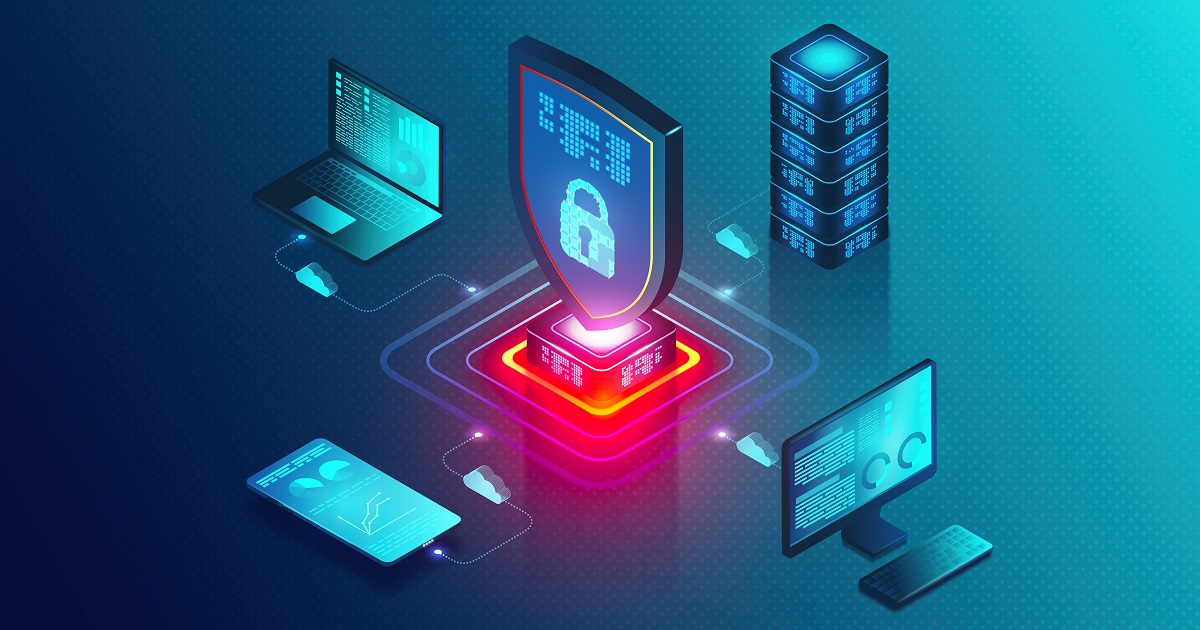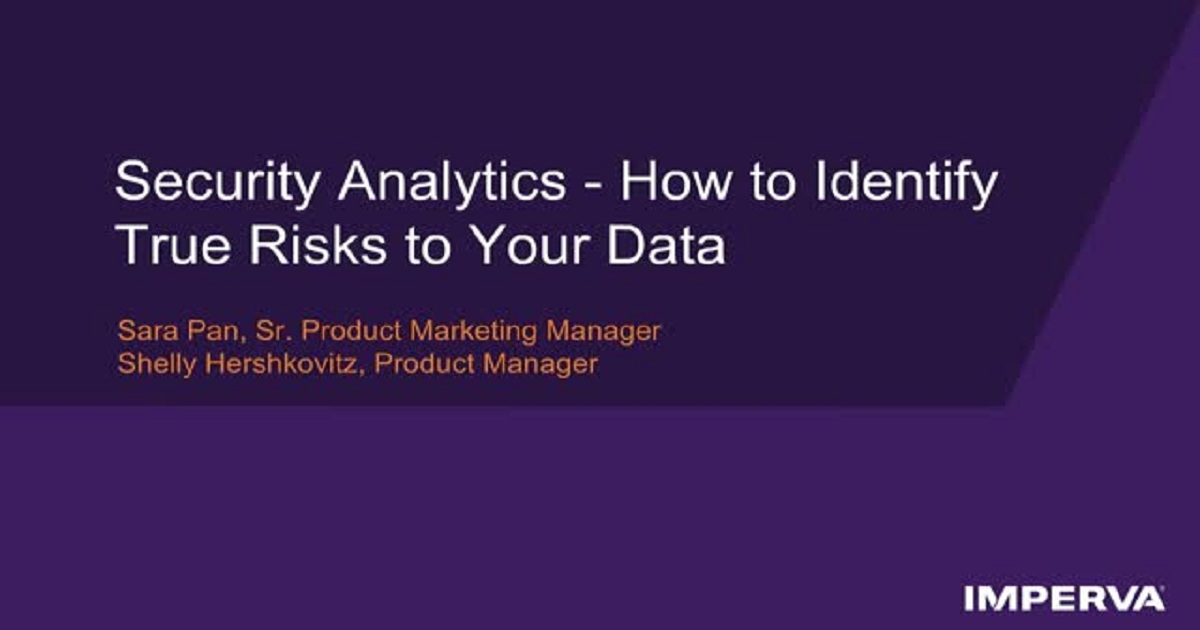
Vulnerabilities in the cloud are growing in number and severity, and risk leaders must learn how to respond. IBM reports that cloud vulnerabilities have increased 150% in the last five years.
We are witnessing a global digital transformation, and cloud computing is the foundation and future of the digital world. It offers many benefits, but it’s crucial to understand what cloud security means and how to secure your data, applications, infrastructure, and workloads.
In this free webinar, we get advice from Amazon and Google cloud security experts on how organizations can benefit from cloud security services and features and the challenges around people, processes and technologies when adopting the cloud.
Watch Now

Digital businesses have widespread API usage that makes it easier for organizations to share data and integrate with customer applications. However, since APIs expose application logic and sensitive data such as Personally Identifiable Information (PII), APIs have increasingly become a target for attackers leading to many serious data breaches in recent past. Gartner estimates that by 2022, API abuse will become the most-frequent attack vector, resulting in data breaches for many organizations.
Watch Now

Cybercriminals are always on the lookout for opportunities to profit from security weaknesses. Meanwhile, the COVID pandemic lead accelerated cloud transformation has rendered many of the assumptions of legacy security approaches obsolete. Enterprises are realizing that modern cyber-attacks won’t be stopped by a purely preventive strategy. In fact, it’s almost a given that with sufficient time, motivation, and resources an attacker will always find a point of entry.
Watch Now

Imperva
The exponential growth of users, apps, and data has led to an increase in legitimate data access, complicating the task of determining whether data access is appropriate. Traditional security approaches tend to lock things down and limit data usage by deploying broad sets of security policies. Companies that take this approach, however, are still suffering from data breaches. In the meantime, security teams are often overwhelmed with a significant amount of alerts that don’t provide actionable insights.
Watch Now